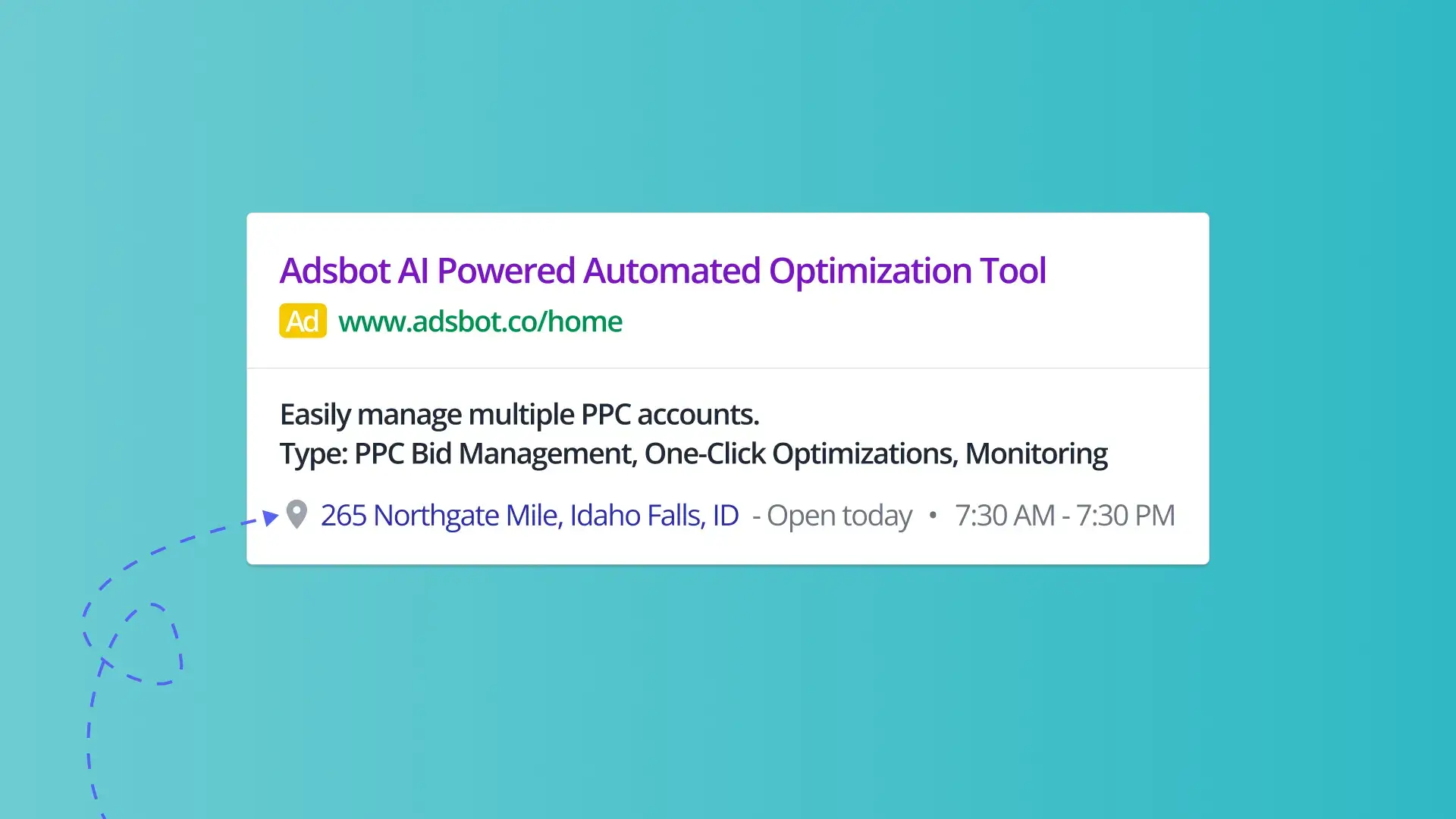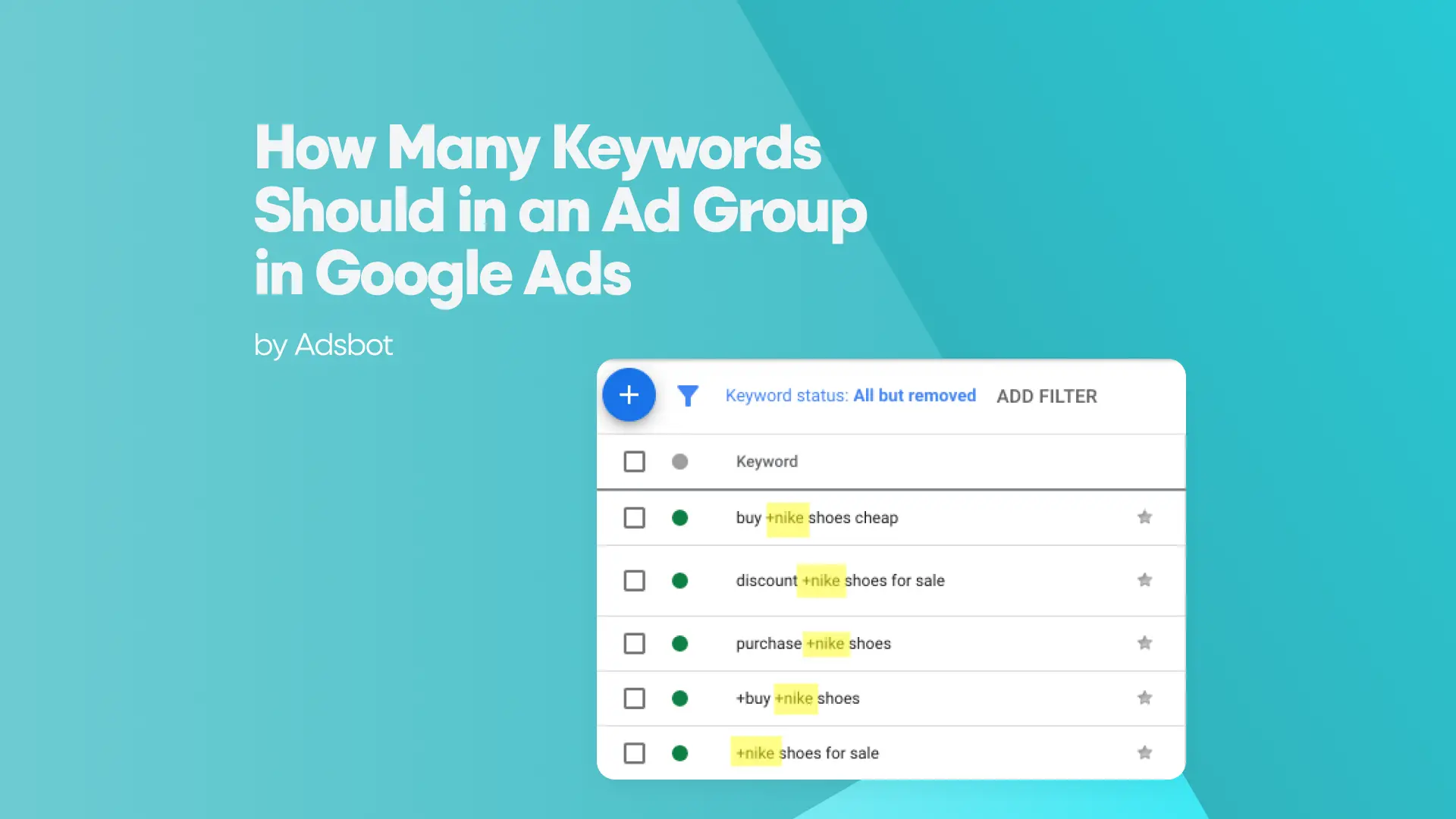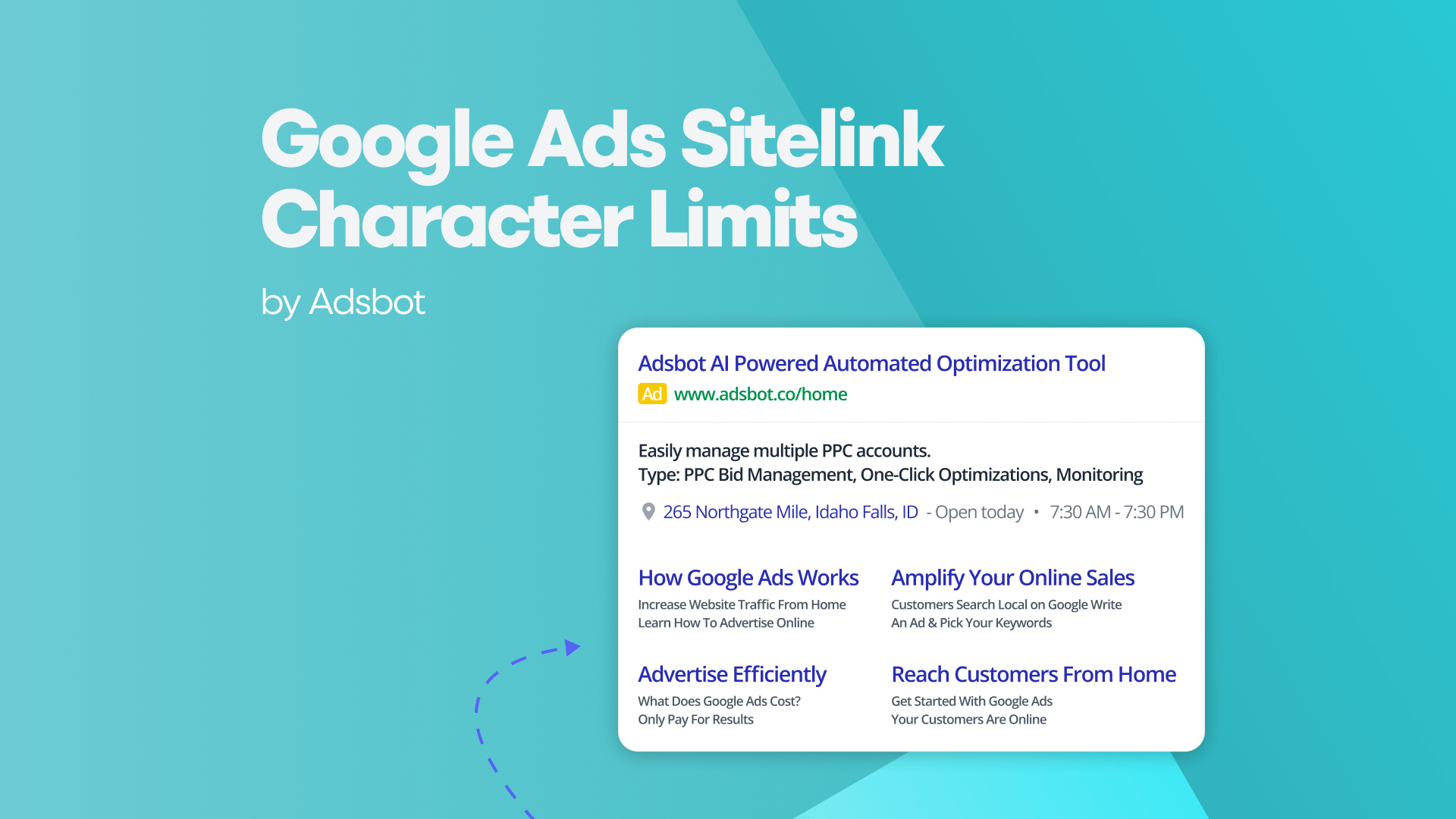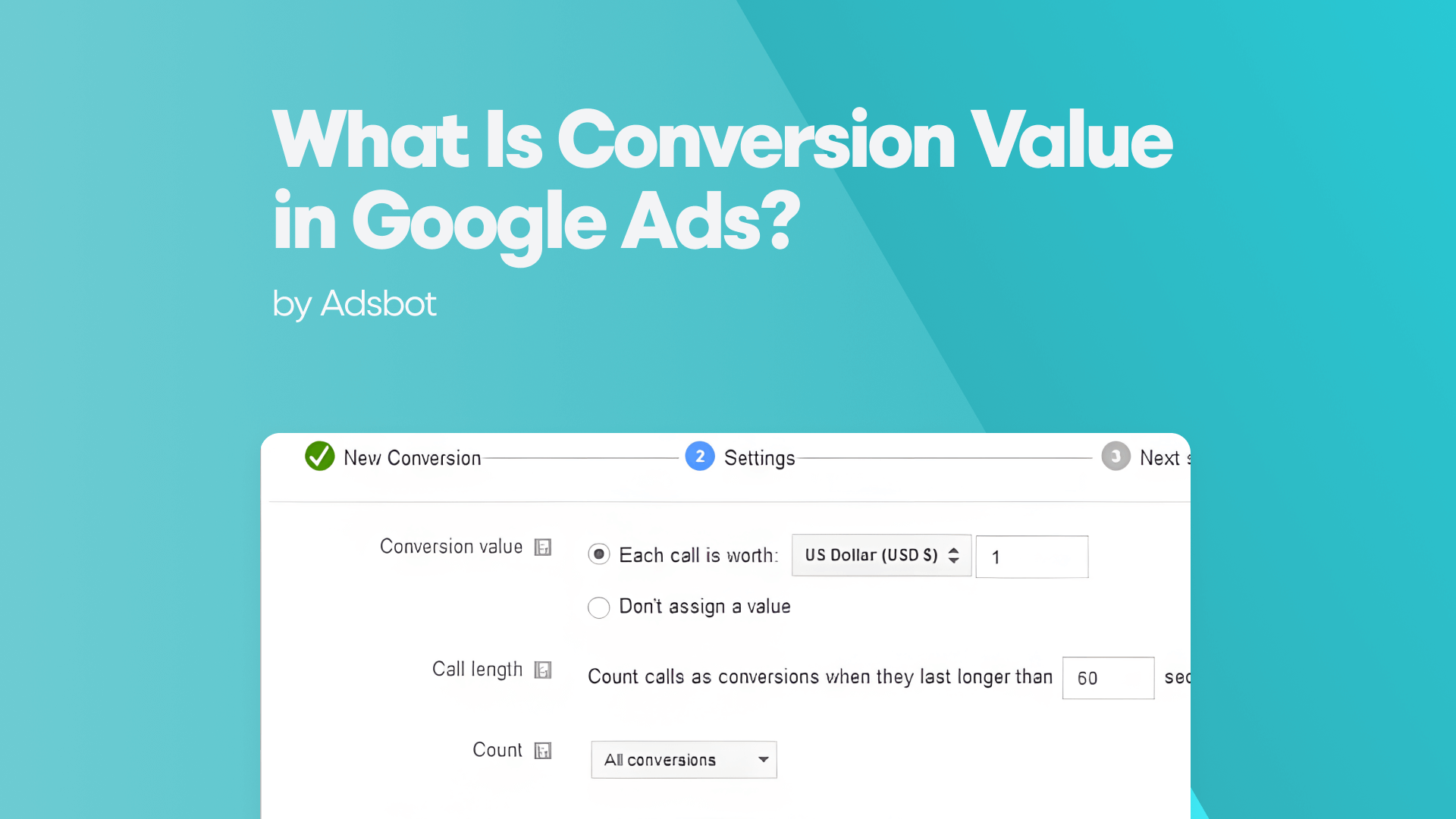Within the domain of digital advertising, enterprises perpetually endeavour to enhance the prominence and extent of their online campaigns. Amidst the myriad assortment of tools and functionalities proffered by Google Ads, location extensions have surfaced as a formidable asset for enterprises endeavouring to efficiently target their local clientele. Through the strategic integration of location extensions into their advertising endeavours, enterprises possess the capacity to augment their digital prominence and establish meaningful connections with prospective clientele at opportune moments and within optimal geographical confines. Within the confines of this blog post, we shall embark upon a thorough examination of the intricate notion of location extensions within the realm of Google Ads.
Using Location Extension in Google Ads
Location extensions are a feature within Google Ads that enable advertisers to include information about their business’s physical locations alongside their online ads. When the utilisation of location extensions is enabled, prospective clientele perusing the advertisement are bestowed not only with pertinent details concerning the merchandise or amenities being proffered, but also with the opportunity to ascertain the proximate physical emporium, establishment, or facility. The incorporation of this supplementary stratum of data amplifies the ad’s pertinence, augments the likelihood of alluring indigenous patrons, and empowers them to effortlessly ascertain and frequent the establishment’s tangible whereabouts.
Benefits of Using Location Extensions:
Improved Visibility: Location extensions facilitate enterprises in enhancing their visibility by showcasing relevant details, such as the abode, contact digits, and proximity to the nearest tangible location, directly within the advertisement. The enhanced visibility functions to magnify the advertisement’s credibility and renders it more captivating for potential clientele.
Local Targeting: Location extensions are essential for companies that depend on neighbourhood foot traffic or have particular regional aims. Businesses may more effectively contact and interact with prospective consumers in their nearby area by customising their adverts to include location-specific information.
Increased Click-through Rates (CTRs): Advertisements that incorporate location extensions have been empirically demonstrated to exhibit superior click-through rates in comparison to those lacking such extensions. The augmented convenience of showcasing the nearest locale entices users to engage with the advertisement, particularly when they find themselves in close proximity to the establishment.
Enhanced User Experience: Location extensions contribute to a better user experience by providing users with quick access to valuable information, such as directions, business hours, and contact details. This convenience helps users make informed decisions and increases the likelihood of converting them into customers.
How to Set Up Location Extensions in Google Ads:
Setting up location extensions in Google Ads is a straightforward process. Here are the general steps to follow:
- Sign in to your Google Ads account and navigate to the “Campaigns” tab.
- Select the campaign to which you want to add location extensions or create a new campaign.
- Click on the “Ads & Extensions” tab.
- Select the “Extensions” tab.
- Click on the “+ Extension” button and choose “Location Extension.”
- Follow the prompts to add the necessary information, such as addresses, phone numbers, and business details.
- Save your changes, and your location extensions will be ready to go live.
When to Use Location Extensions:
Location extensions are particularly valuable in several scenarios:
For enterprises possessing numerous physical establishments, the utilisation of location extensions renders it exceedingly convenient for users to ascertain the proximate one. Through the provision of precise addresses and meticulous calculations of distances, enterprises possess the capability to strategically focus their efforts towards prospective clientele, predicated upon their close proximity to each respective establishment.
Through the integration of location-specific data within their advertisements, enterprises possess the ability to augment their prominence, ameliorate user satisfaction, and heighten the likelihood of transforming prospective clientele into steadfast patrons. By diligently adhering to the uncomplicated procedures delineated above, enterprises can effortlessly establish location extensions and harness this invaluable attribute to augment their outreach in the regional marketplace.
Popular Posts
-
How Many Keywords Should Be In an Ad Group in Google Ads?
Ever wondered if your Google Ads campaigns are packed with…
Read more -
Google Ads Script for Dummies: An Introduction
Imagine you have an e-commerce website that sells licensed superhero…
Read more -
Google Ads Sitelink Character Limits
Your Google Ads are cutting off in the middle of…
Read more -
What Is Conversion Value in Google Ads?
What if you could put a price tag on every…
Read more
Register for our Free 14-day Trial now!
No credit card required, cancel anytime.





